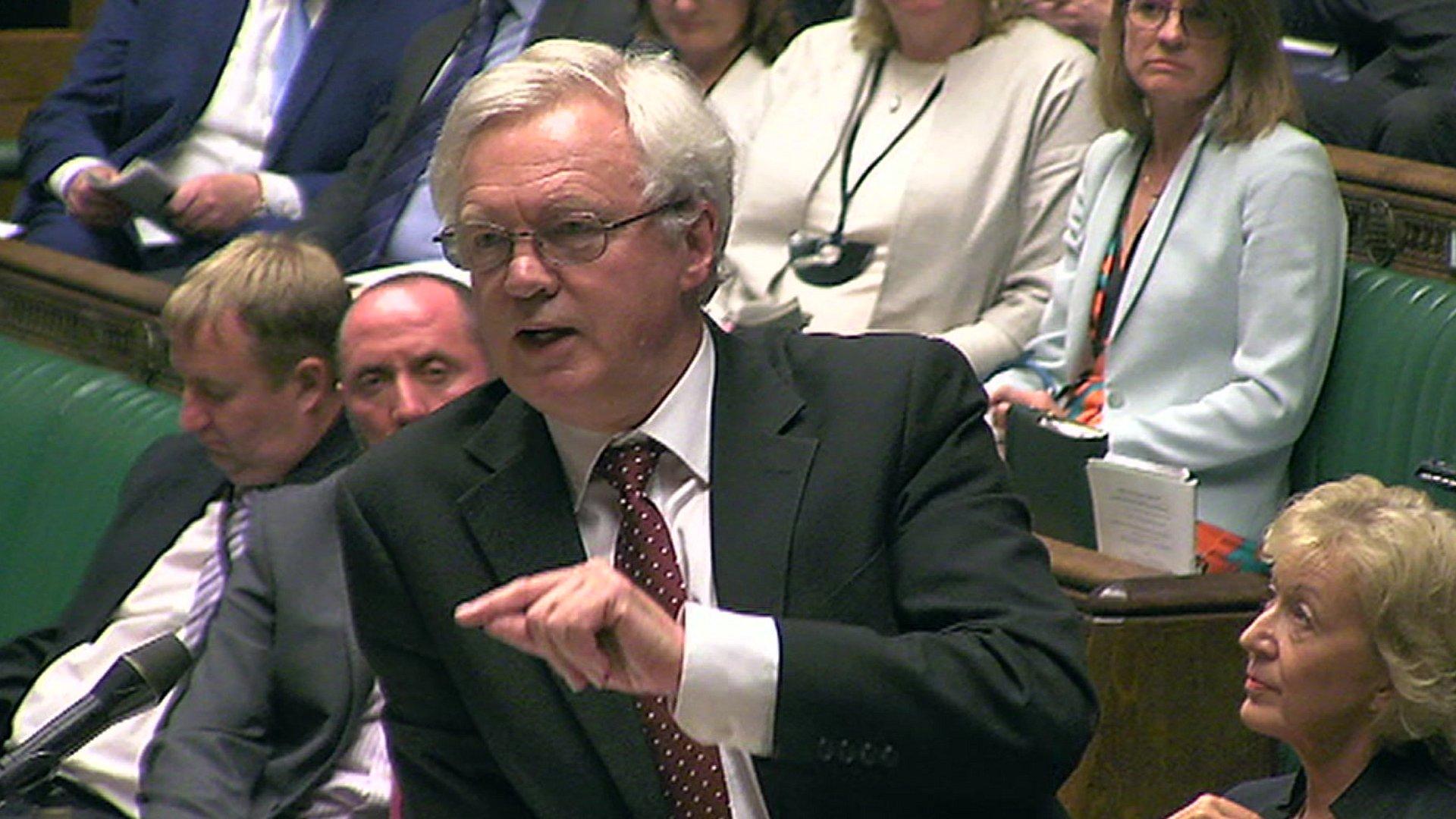Brexit: Davis and Starmer clash over key legislation
- Published
- comments
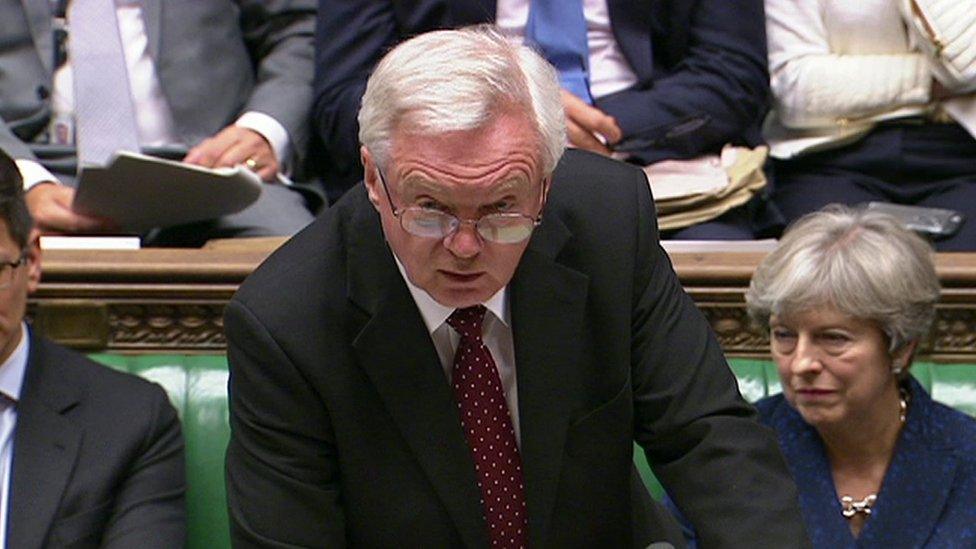
David Davis has accused Labour of a "cynical and unprincipled" bid to block a key piece of Brexit legislation.
The Brexit secretary claimed Britons "will not forgive" Labour if they try to "delay or destroy" the process of leaving the EU.
On Thursday MPs began debating the EU (Withdrawal) Bill, which will end the supremacy of EU law in the UK.
Labour backs Brexit but says the bill is a "huge power grab" by ministers and it will vote against it, as it stands.
Shadow Brexit Secretary Keir Starmer said the bill would "reduce MPs to spectators".
The EU (Withdrawal) Bill overturns the 1972 European Communities Act which took the UK into the then European Economic Community but will also convert all existing EU laws into domestic ones, to ensure there are no gaps in legislation.
Mr Davis described it as the next step in the "historic process" of honouring the EU referendum decision and argued that it was largely technical in nature and would ensure that "on the day we leave, businesses know where they stand".
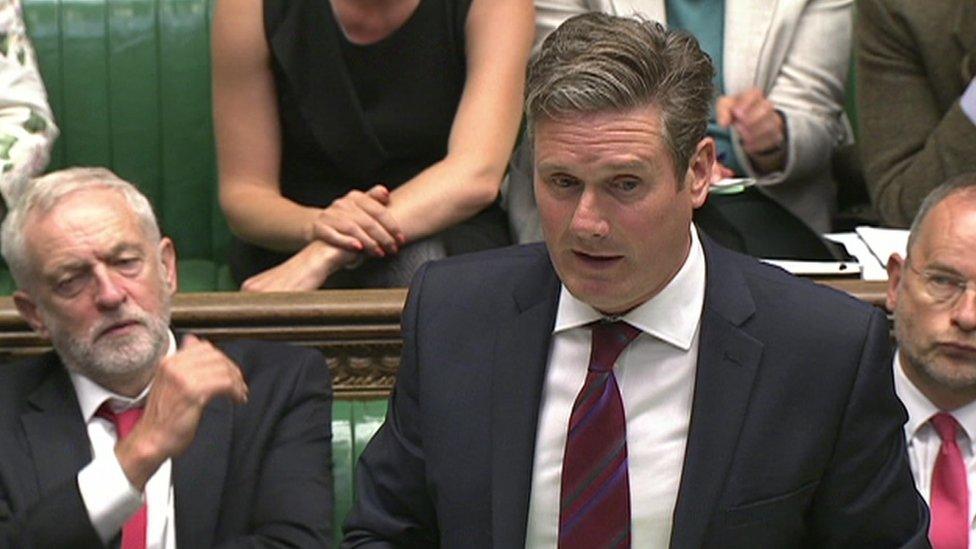
Sir Keir Starmer says it should be called 'the great power grab bill'
He urged all parties to work with the government "in the spirit of collaboration", rejecting opposition claims that he was attempting to get the power to change laws without proper Parliamentary scrutiny.
"It is only what is necessary for a smooth exit and to provide stability," he said.
He attacked Labour's position, calling it a "fundamental misrepresentation of Parliament and our democratic process" and "reckless in the extreme".
But Sir Keir said: "He (Mr Davis) is keen to portray this bill as a technical exercise converting EU law into our law without raising any serious constitutional issues about the role of Parliament.
"Nothing could be further than the truth."
He added: "It's an unprecedented power grab. Rule by decree is not a mis-description. It's an affront Parliament and accountability."
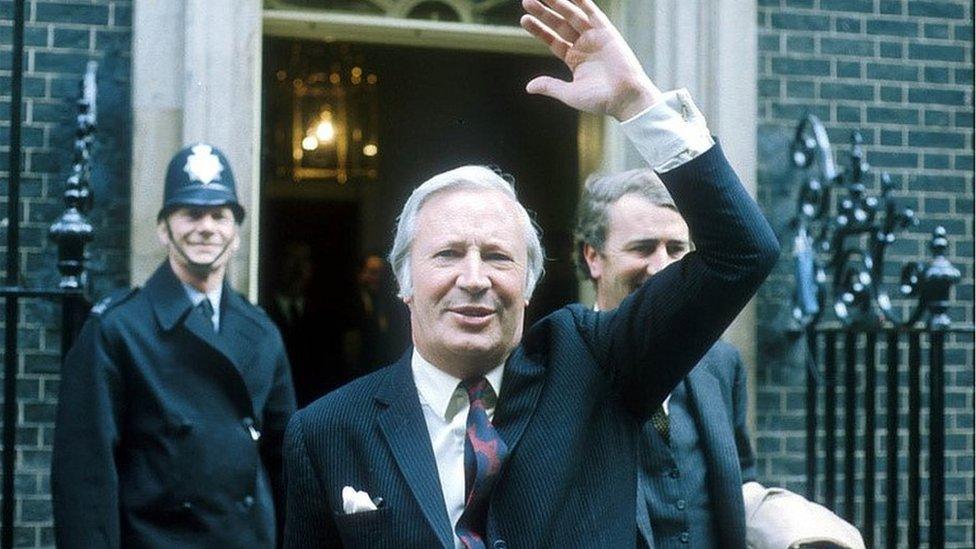
The European Communities Act passed under Edward Heath will be repealed
He said Labour voted for Article 50 Act, triggering the process of Brexit, because it accepted the referendum result. But he claimed the EU (Withdrawal) Bill would hand "all power and responsibility" over how Britain left the EU to ministers.
BBC political editor Laura Kuenssberg said just six rebels could mean defeat for the bill and ministers privately concede they will have to give some ground.
But she said with so much to sort out, the government argues that there is not the time for MPs to pick over every detail, and the bill will allow ministers to make tweaks.
Defying orders
Labour argues that it will give the government powers similar to those used by medieval monarchs. It has tabled a series of amendments to the bill and will order its MPs vote against the legislation at second reading on Monday, unless they are accepted.
Sir Keir has called for the Withdrawal Bill to spell out that the UK can stay in the EU single market and customs union during the post-Brexit transition period.

Analysis
By BBC political correspondent Ben Wright
The main aim of this legislation is to incorporate, rather than repeal, 40 years of relevant EU law onto the UK statute book. It is intended to ensure there is no legal chaos on the day Britain leaves the EU in March 2019.
At the start of its second reading in the Commons, Brexit Secretary David Davis said this "essential" bill maximises certainty for businesses and consumers.
But unusually, the government is facing a parliamentary battle to clear this early hurdle, with Labour, the Liberal Democrats and Scottish and Welsh Nationalists lined up to oppose the Bill.
Their main objection is at what they see as a power grab by ministers who will be able to change some laws without the usual parliamentary scrutiny.
Tory MPs sceptical about the government's Brexit will not vote with opposition parties next week. But ministers are braced for an arduous fight as this bill goes through Parliament

He has also called for workers' rights and environmental laws to be protected - and has criticised the government for failing to incorporate the EU charter of fundamental rights into domestic law.
But some of Jeremy Corbyn's MPs are expected to defy the party's orders to vote against the bill. Pro-Brexit Labour MP Graham Stringer said opposing the Bill would be "an absolute breach of trust" with voters.
'Astonishing monstrosity'
Conservative opponents of a "hard Brexit" have indicated they will hold back on any challenge to the Bill until later in its passage through Parliament, although veteran Europhile Ken Clarke hinted he might be prepared to rebel unless he received "some assurances".
Former attorney general Dominic Grieve described it as an "astonishing monstrosity" of a bill and said he would vote against it later on, if it were not improved.
The SNP and Lib Dems also plan to vote against the bill after tabling amendments setting out their reasons for opposing it but the government has the support of the Democratic Unionists, with whom they have a Commons pact.
Negotiations between the UK and the EU on the terms of exit are on-going, with the European Union publishing its latest set of position papers, including one on the crucial issue of the future of the Irish border, on Thursday.
- Published7 September 2017
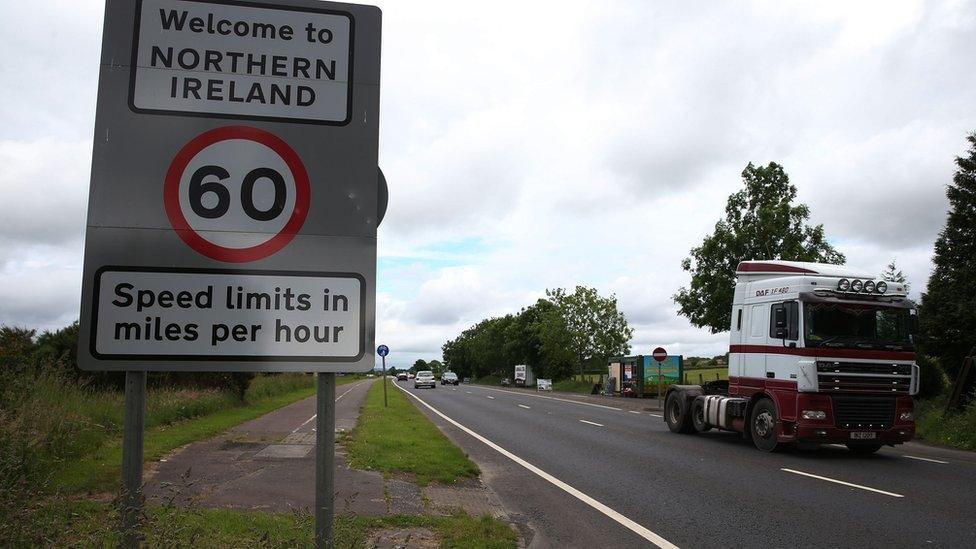
- Published6 September 2017
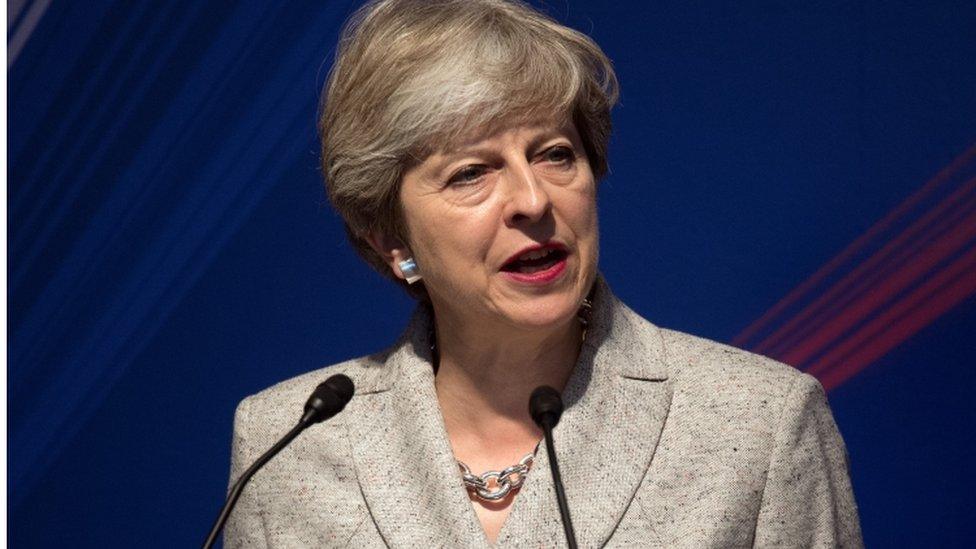
- Published5 September 2017
